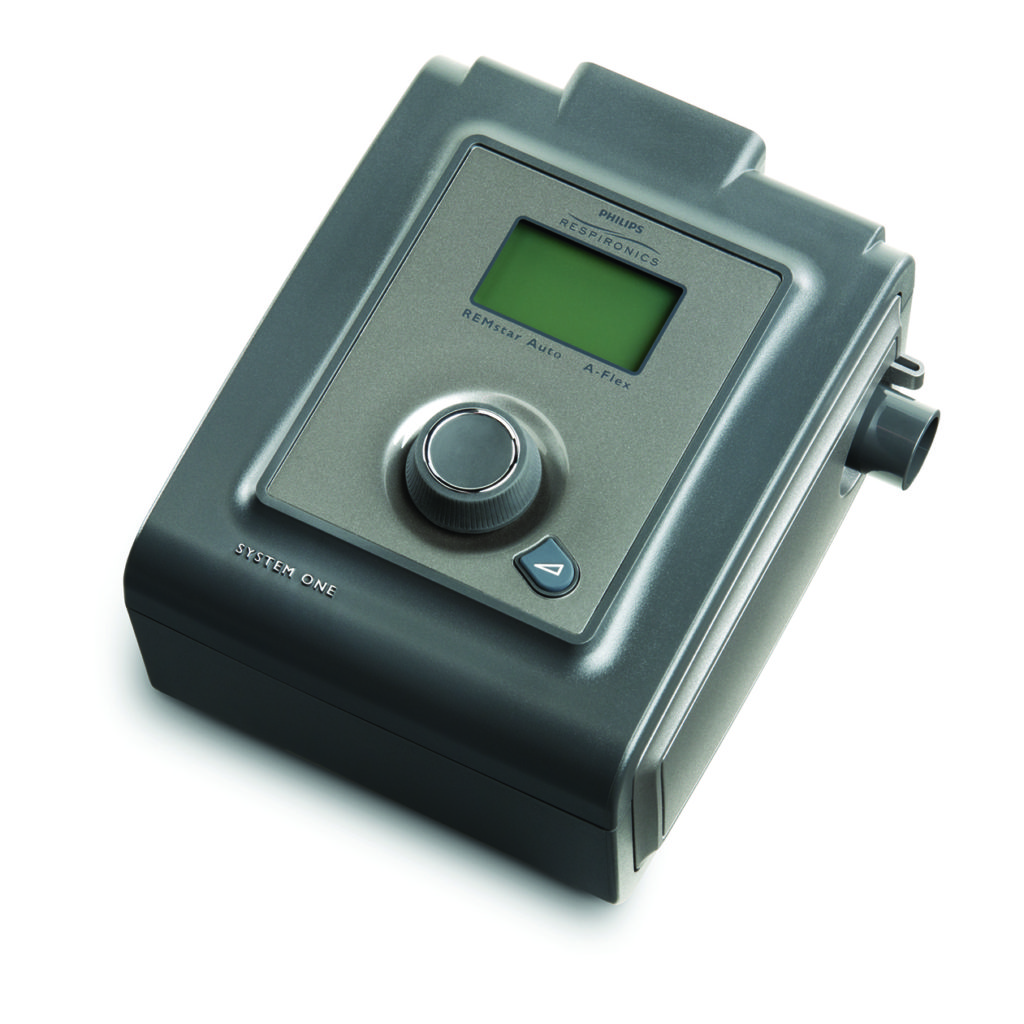People who struggle with sleep apnea or other breathing ailments rely on special machines to ensure that they can breathe safely while sleeping. Unfortunately, in June, the Food and Drug Administration (FDA) recalled more than a dozen devices manufactured by Philips. There was concern that the Respironics machines, which deliver pressurized air through a mask, had faulty components that could lead to heath risks. Now, millions of patients face waitlists of a year or more for their much-needed replacements.
Expanding on their initial declaration, in July, the FDA warned that the risks could be “life-threatening, cause permanent impairment, and require medical attention.” The machines use polyester-based polyurethane foam to dampen sound and vibrations. Over time, it can degrade and result in a user breathing in chemicals or swallowing or inhaling black debris. Possible risks from this exposure include asthma, skin and respiratory-tract irritation, and “toxic and carcinogenic effects” to organs like the kidneys and liver.
Specifically, the recall involves BiPAP (bi-level positive air pressure), CPAP (continuous positive air pressure), and ventilator machines manufactured before April 26, 2021. As the next steps, Philips must submit a repair-and-replacement program to the FDA for the defective parts. However, there are shortages and backlogged orders because of the use of similar devices in hospitals to treat COVID-19.
Breathing Machine Recall Response from Philips
A spokesperson for Royal Philips, the parent company of Respironics, estimates that up to two million of the recalled devices were in use in the United States, largely by the 24 million Americans who struggle with obstructive sleep apnea. He added that the company was working “expeditiously” to find a solution. They are “already producing repair kits and replacement devices” of about 55,000 units per week, although they have not yet been cleared for shipping.
Philips advises current users of the impacted machines to register their products and talk to their doctors. Presently, there is no time estimation for the waiting list, forcing many patients to continue using their dangerous devices. As 72-year-old Donald Camp explains, “I believe any risk of cancer is less than the risk of the serious consequences of sleep apnea.”
How This Recall Impacts COVID-19 Physicians and Patients
Of course, this recall is also problematic for doctors caring for coronavirus patients. “Because the number of people coming into the hospital with severe respiratory symptoms has increased as a result of COVID-19, the demand for these devices has also increased,” explained Dr. David Schulman, a pulmonary and critical care medicine specialist at Emory Healthcare. Without knowing more about the potential risks, it’s impossible for physicians to determine how to best care for patients with breathing issues.
Since the recall, patients in over 20 states have filed about 40 lawsuits against Philips. Unsurprisingly, a multi-district litigation petition has also been filed. Legal experts anticipate that all cases will be consolidated in one state, similar to the handling of lawsuits against opioid manufacturers. Philips set aside about $591 million to cover the repair and replacement orders and other anticipated costs.
For more information about the recall of Philips breathing machines and multi-district litigation, contact us today.

